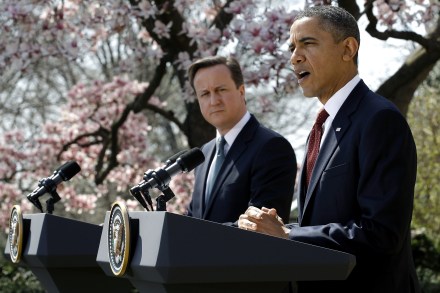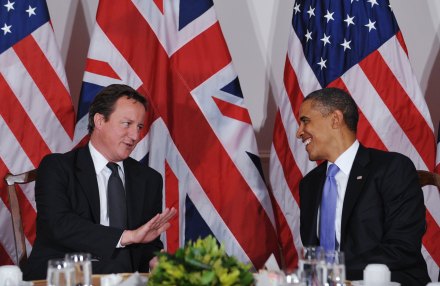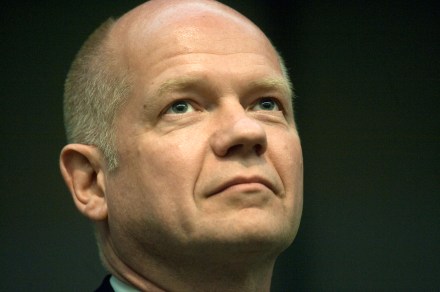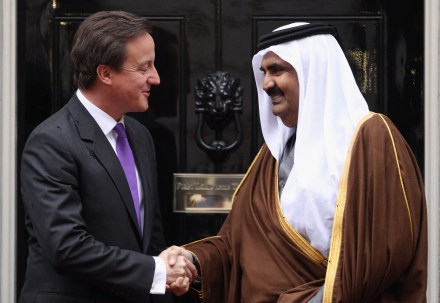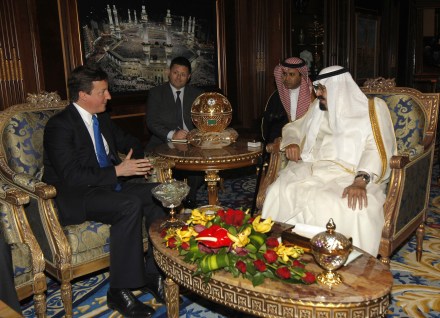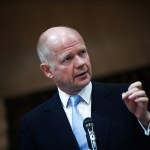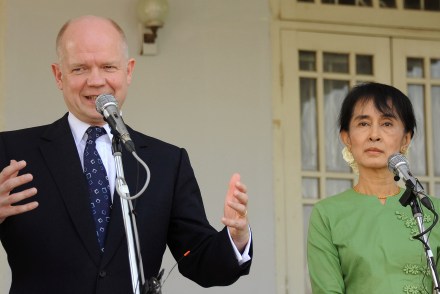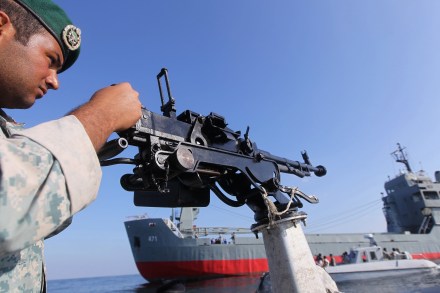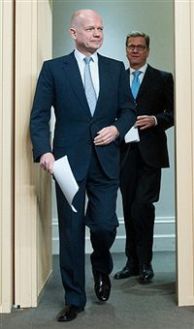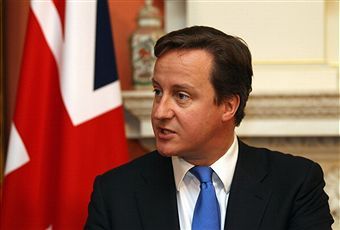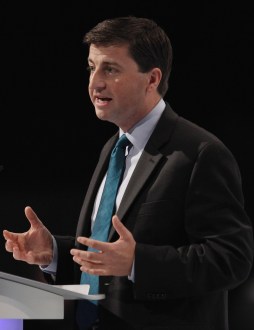Today in Stupidity: Who Lost Syria?
Perhaps I should apologise to Leon Wieseltier? His recent column is not a patch on Jennifer Rubin’s latest screed which may be the most stupid and contemptible thing I’ve yet read today. Ms Rubin peers at Barack Obama’s Syrian policy and does not like what she sees: Not unlike the Green Revolution in 2009, the president nearly three years later is willing to allow an opportunity — to undermine Iran, support democracy, reassert U.S. leadership — slip away. Every now and then the president talks a good game on human rights, but his heart is never in it. In this case, even when coupled with an obvious and compelling national


